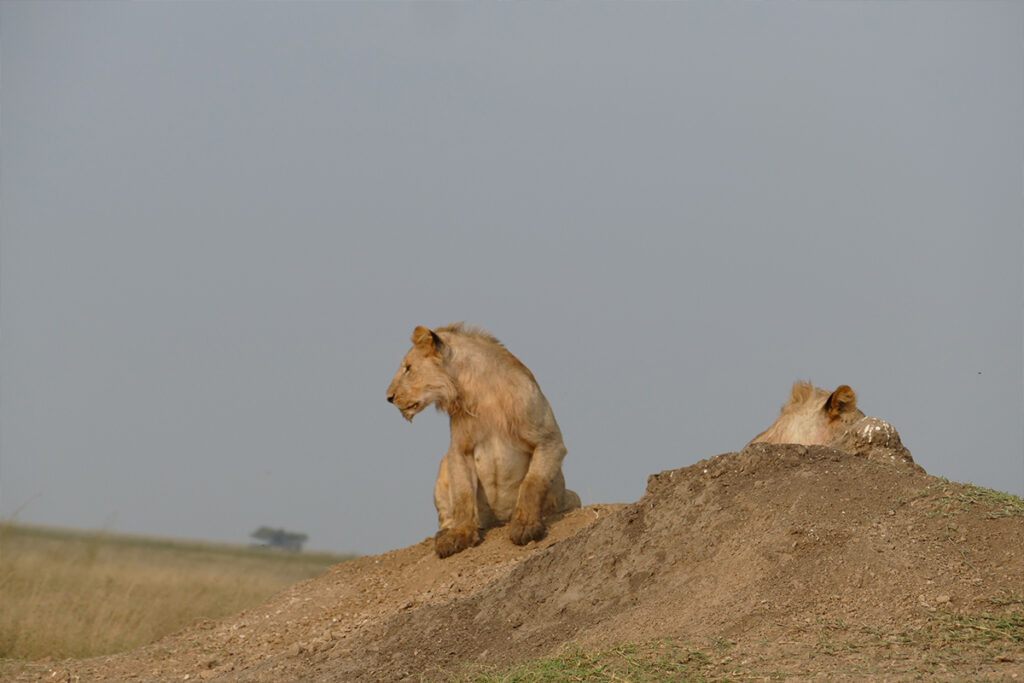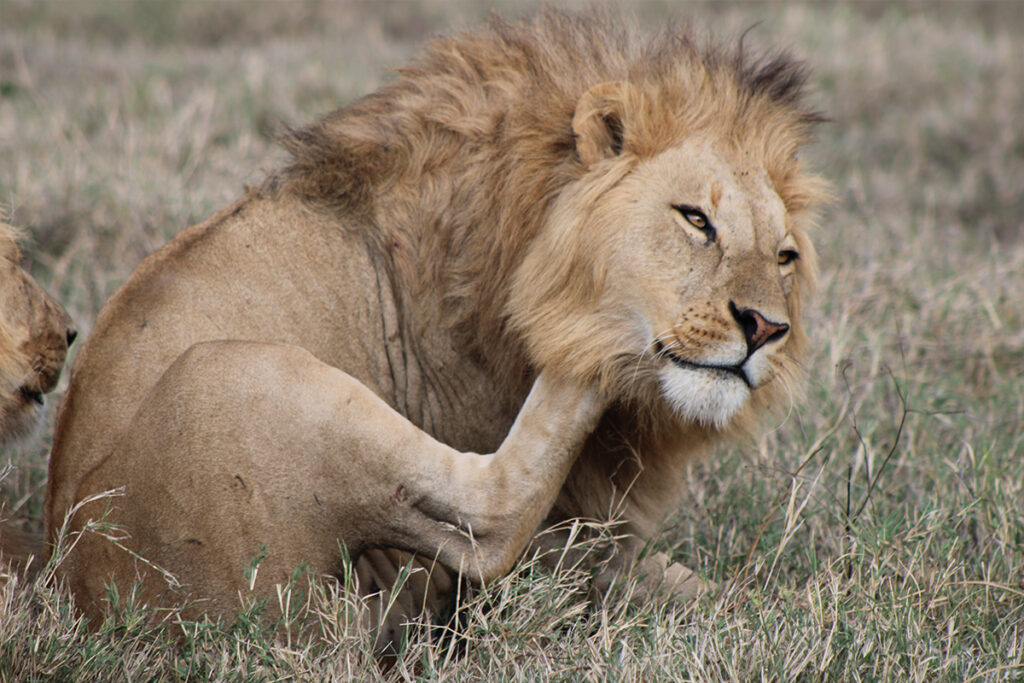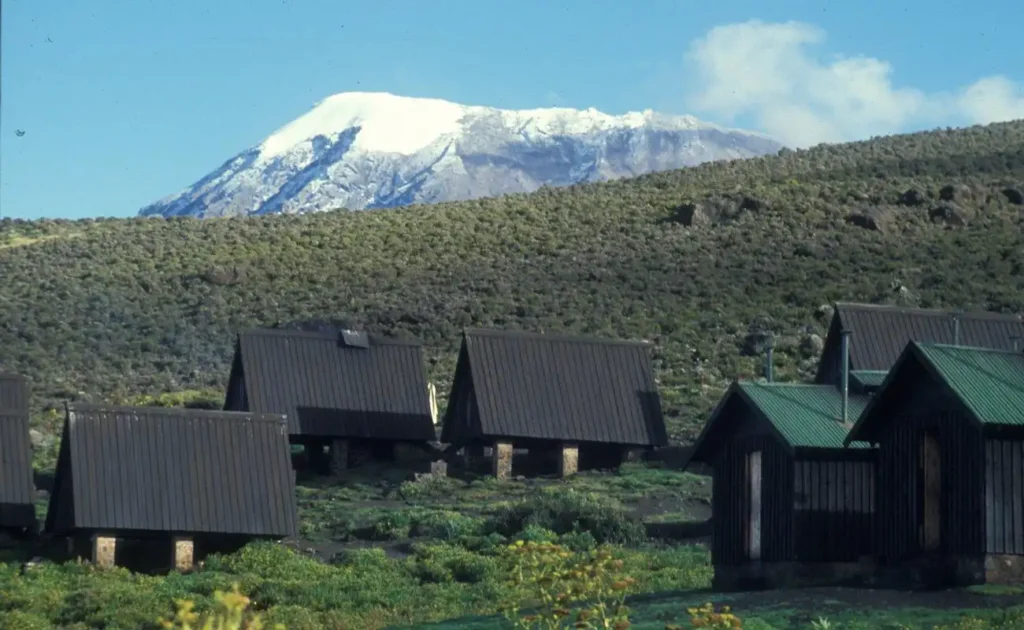Dreaming of reaching the summit of Mount Kilimanjaro? Standing tall at 5,895 meters (19,341 feet), Kilimanjaro is the highest peak in Africa and a bucket-list destination for adventurers worldwide. However, the journey to the top isn’t a walk in the park. It requires thorough preparation, both mentally and physically, and most importantly, the right gear. In this guide, we’ll dive into the must-have equipment for a successful and safe climb. Ready to gear up?
Table of Contents
Clothing Layers: Dress for Success
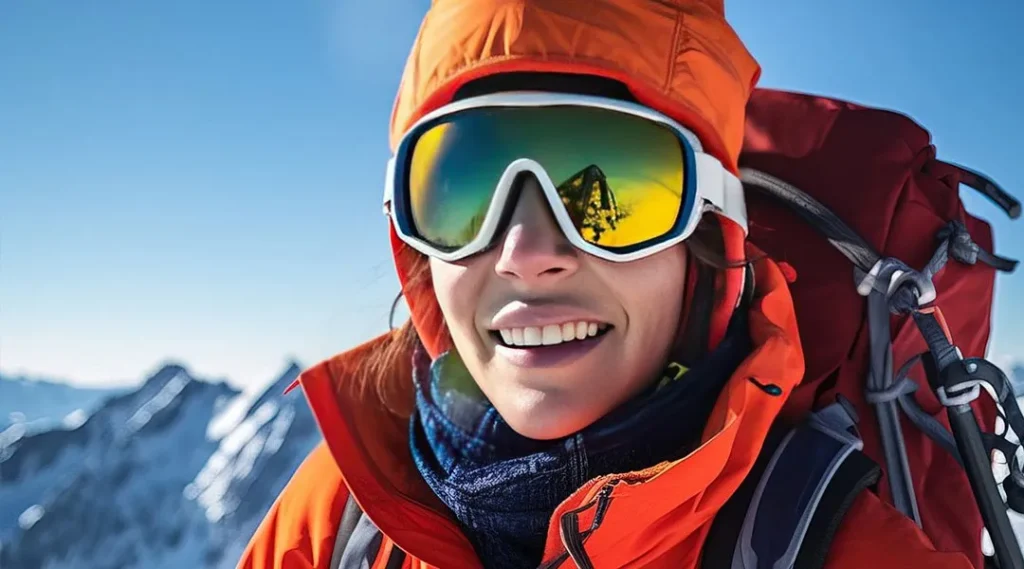
1. Base Layers Your base layer is the foundation of your clothing system. It’s crucial to choose moisture-wicking materials to keep sweat away from your skin, ensuring you stay dry and warm. Look for synthetic fabrics or merino wool, which offer excellent breathability and comfort.
2. Insulating Layers Insulating layers trap heat and keep you warm in the frigid mountain temperatures. Fleece jackets, down jackets, and insulated pants are great choices. Down jackets are particularly useful for their high warmth-to-weight ratio, but make sure you have a synthetic alternative in case of wet conditions.
3. Outer Layers Your outer layer should be waterproof and windproof to protect you from the elements. A high-quality shell jacket and pants made from Gore-Tex or a similar material are essential. These layers will shield you from rain, snow, and strong winds, ensuring you stay dry and comfortable throughout your climb.
Sturdy Footwear: Keep Your Feet Happy
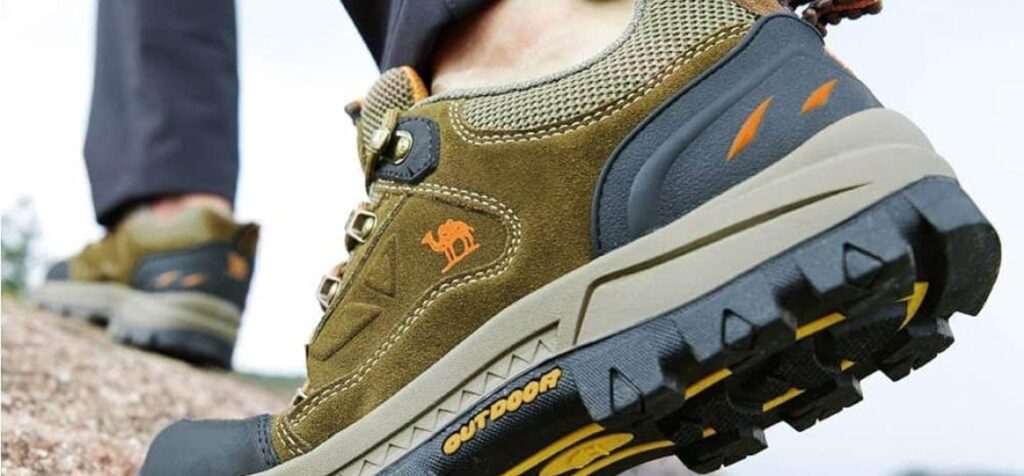
1. Hiking Boots Invest in a pair of high-quality, waterproof hiking boots with good ankle support. Your boots should be well broken-in before the trek to avoid blisters and discomfort. Look for boots with a stiff sole for better support on rocky terrain and adequate insulation for warmth.
2. Gaiters Gaiters are essential for keeping debris, snow, and water out of your boots. They wrap around your lower legs and boots, providing an extra layer of protection against the elements. Choose waterproof and durable gaiters for the best performance.
3. Socks Don’t underestimate the importance of good socks. Bring several pairs of moisture-wicking, thermal hiking socks to keep your feet dry and warm. Consider layering a thin liner sock under a thicker hiking sock for added comfort and blister prevention.
Climbing Accessories: The Little Things Matter
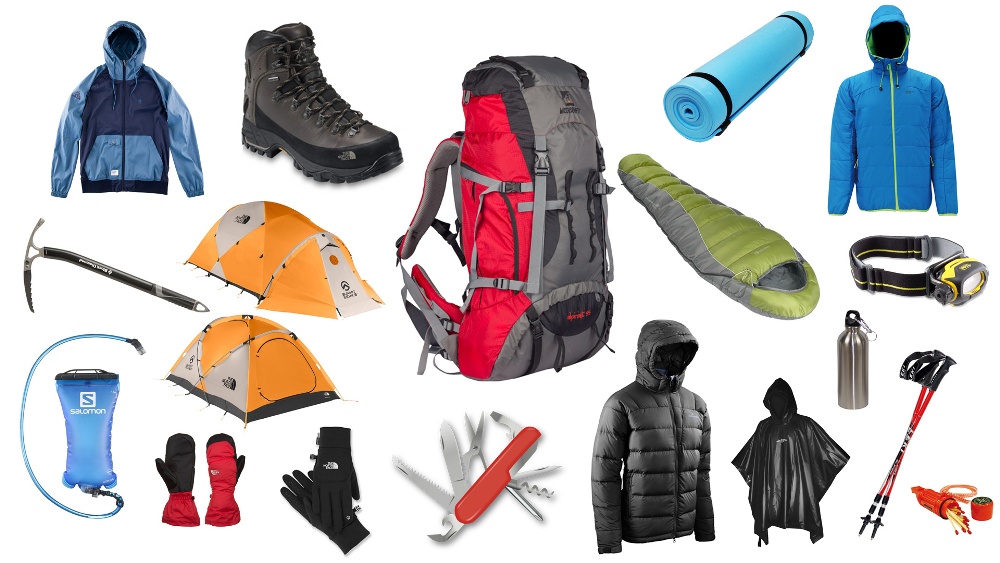
1. Trekking Poles Trekking poles provide stability and reduce strain on your legs, especially during steep ascents and descents. Adjustable poles with comfortable grips and durable materials are ideal for the varying terrain of Kilimanjaro.
2. Headlamp A reliable headlamp is crucial for early morning starts and night hikes. Ensure it has a long battery life and pack extra batteries. A headlamp with adjustable brightness and a red light mode for nighttime use is particularly useful.
3. Sunglasses High-altitude sun exposure can be intense, so a pair of high-quality sunglasses with UV protection is essential. Polarized lenses can help reduce glare from snow and ice, enhancing your visibility and comfort.
Hydration and Nutrition Essentials: Stay Fueled and Hydrated
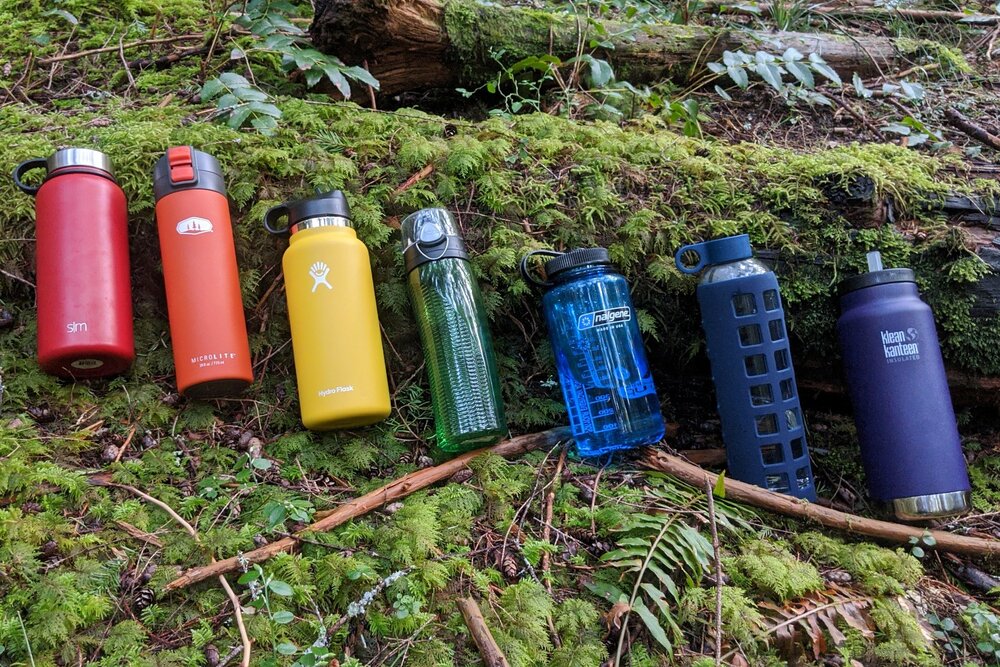
1. Water Bottles and Hydration Systems Staying hydrated is critical at high altitudes. Carry a combination of water bottles and a hydration bladder to ensure you have enough water for the entire day. Insulated bottles are helpful to prevent your water from freezing in cold temperatures.
2. Water Purification Access to clean water can be limited on Kilimanjaro. Carry water purification tablets, a filter, or a UV purifier to treat water from natural sources. This will ensure you have a safe and reliable water supply throughout your trek.
3. Snacks and Energy Bars High-energy snacks like nuts, dried fruit, and energy bars will keep your energy levels up during long days of hiking. Pack enough to snack on throughout the day, as maintaining your energy is crucial for a successful climb.
Miscellaneous Must-Haves: Don’t Leave Home Without These
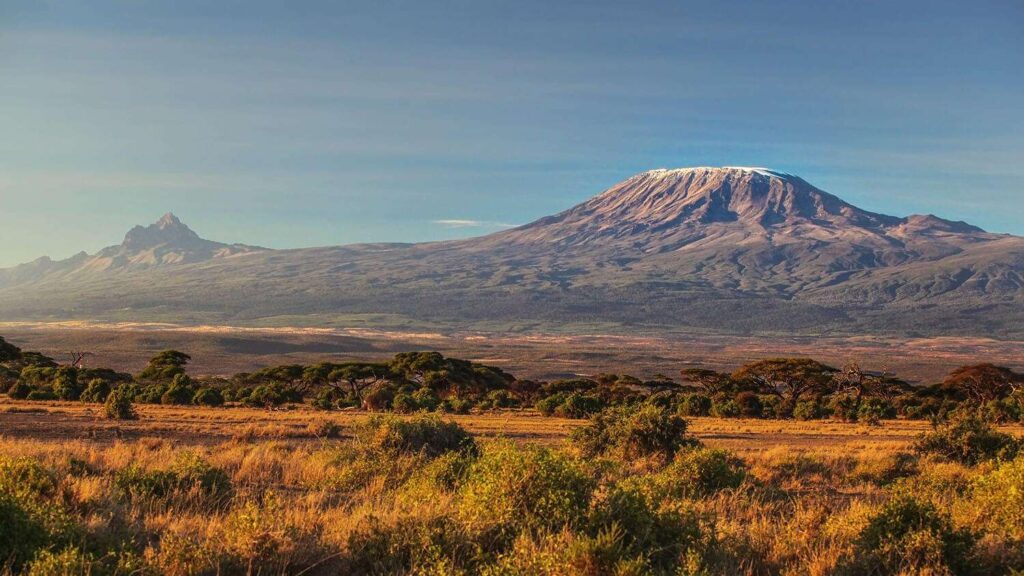
1. Backpack A good-quality backpack with a capacity of 30-40 liters is perfect for day-to-day use. Look for one with a comfortable harness system, rain cover, and multiple compartments to keep your gear organized and accessible.
2. Sleeping Bag A high-quality, four-season sleeping bag rated for temperatures as low as -10°C (14°F) is essential for cold nights on the mountain. A mummy-style bag with a hood will provide the best insulation and comfort.
3. First Aid Kit A basic first aid kit with bandages, antiseptic wipes, blister treatment, and personal medications is crucial. Altitude sickness medication, pain relievers, and rehydration salts are also recommended.
4. Multi-Tool A multi-tool with a knife, scissors, and other useful tools can come in handy for various tasks around the camp and during your hike. Choose a lightweight, compact model for convenience.
Final Thoughts: Gear Up for Success
Climbing Kilimanjaro is a thrilling and challenging adventure that requires meticulous preparation. Having the right gear can make the difference between a successful summit and a disappointing retreat. From layered clothing to sturdy boots, essential accessories, and reliable hydration and nutrition solutions, every piece of equipment plays a critical role in your journey. Pack wisely, prepare thoroughly, and you’ll be well on your way to conquering Africa’s highest peak. Happy climbing!
FAQs
Q: What is the best time to climb Kilimanjaro? A: The best times to climb Kilimanjaro are during the dry seasons: January to mid-March and June to October. These periods offer more stable weather conditions and better visibility.
Q: How physically demanding is climbing Kilimanjaro? A: Climbing Kilimanjaro is physically demanding and requires a good level of fitness. Training with cardiovascular exercises, strength training, and practice hikes can help prepare your body for the trek.
Q: Do I need a guide to climb Kilimanjaro? A: Yes, Kilimanjaro National Park regulations require all climbers to be accompanied by a registered guide. Guides and porters provide valuable support, local knowledge, and ensure your safety on the mountain.
Q: How long does it take to climb Kilimanjaro? A: The duration of the climb depends on the route chosen. Most routes take between 5 to 9 days. Longer routes allow for better acclimatization and increase the chances of a successful summit.

